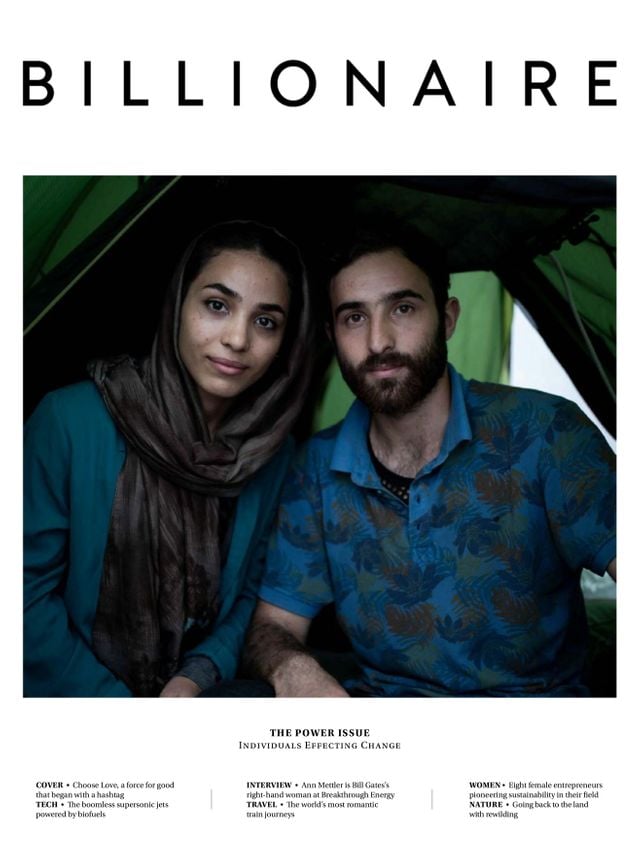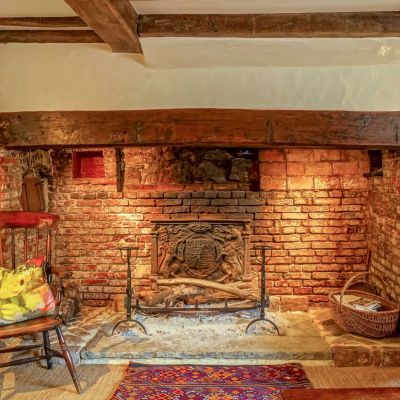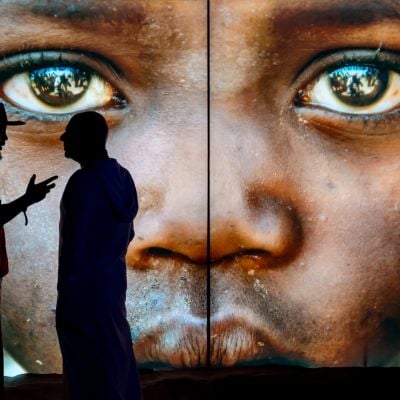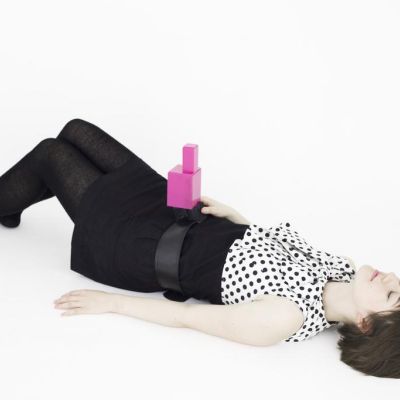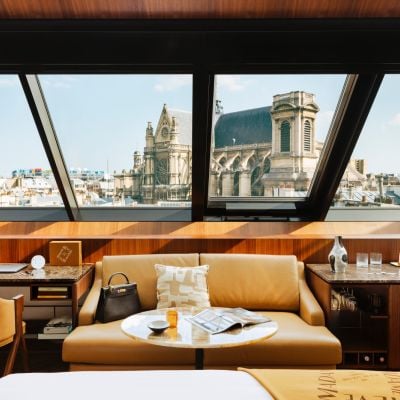Choosing Love Without Borders
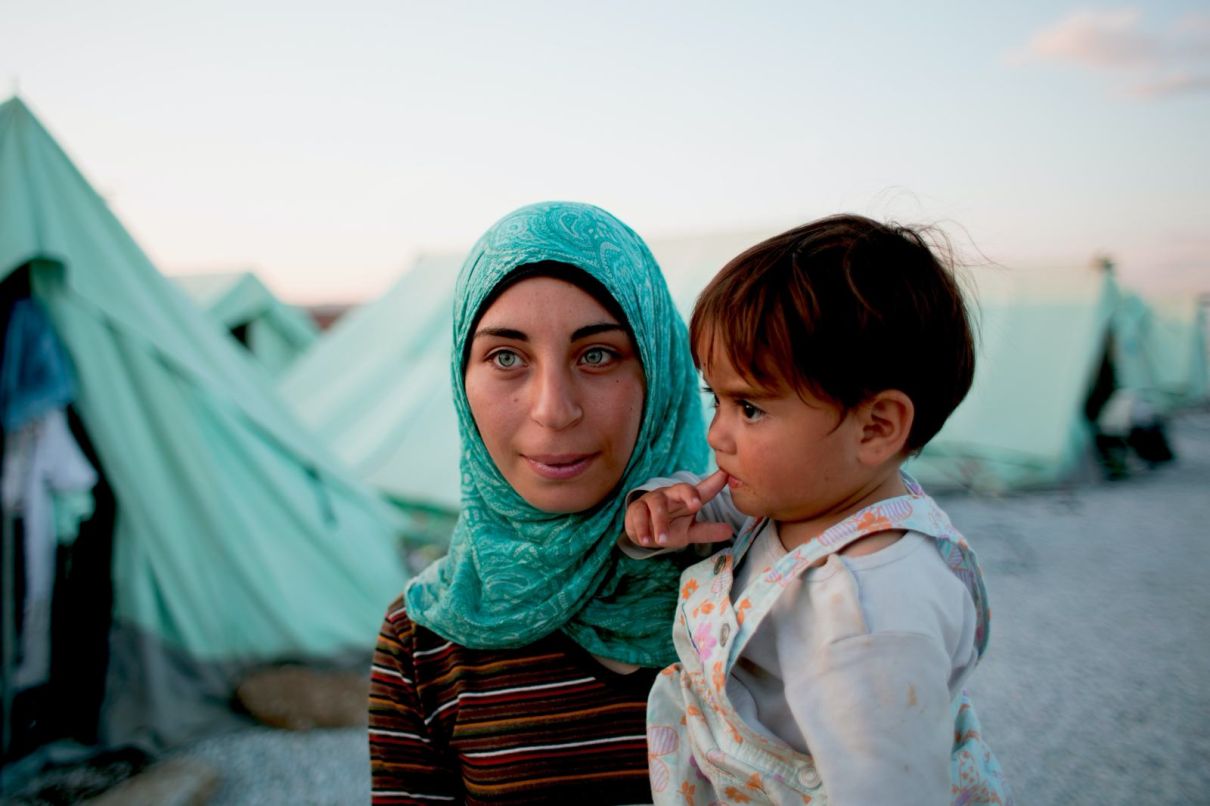
Humanitarian refugee organisations like Choose Love, now fundraising urgently for refugees from Afghanistan, play an increasingly important role.
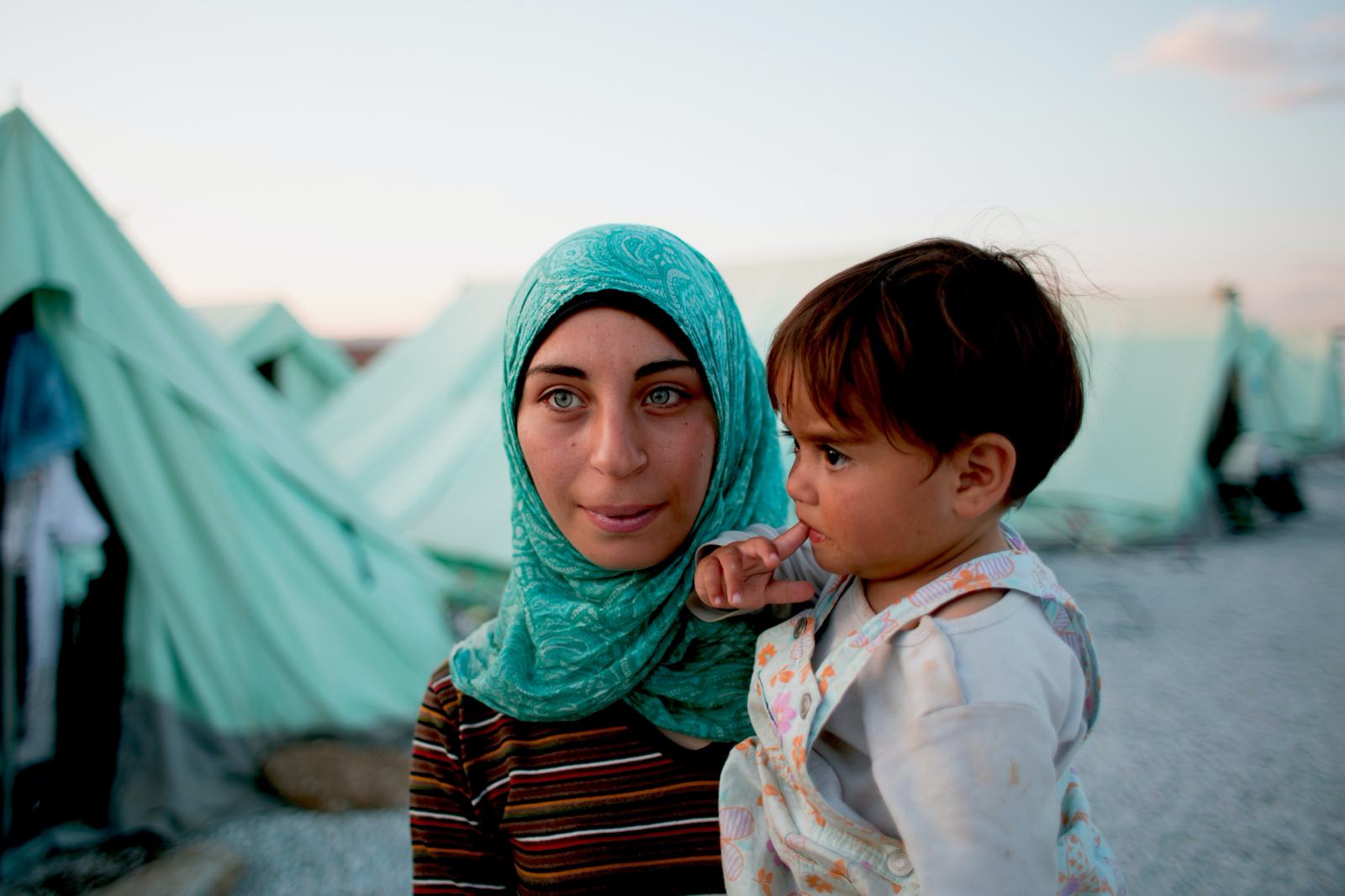
How many of us have seen images of refugees and felt appalled and horrified, wished we could do something, but then do nothing?
For Josie Naughton, wishing wasn’t enough. A UCL drop-out, she had worked in London pubs until landing a job working for Coldplay as personal assistant to their manager. A dream job as a 30-year-old but, in the summer of 2015, everything changed.
The European refugee crisis was all over the news and Naughton was feeling sick to her stomach. The image of Alan Kurdi, a three-year-old Syrian boy whose body washed up on a Turkish shore, was the last straw. “I was often posting about this sort of thing on Facebook, but in retrospect it was just virtue-signalling,” she says over a Zoom call from her office in Somerset House, London.
“This time it was different. I couldn’t do nothing.” After a lunch with friends, Josie, Dawn O’Porter & Lliana Bird vowed to raise money for refugee families who were escaping war and persecution. They decided to start with the problem that was right on their doorstep, in the so-called Jungle Camp of Calais where some 5-6,000 refugees were living. “It seemed so obvious, but just a couple of hours away from King’s Cross we could really help.”
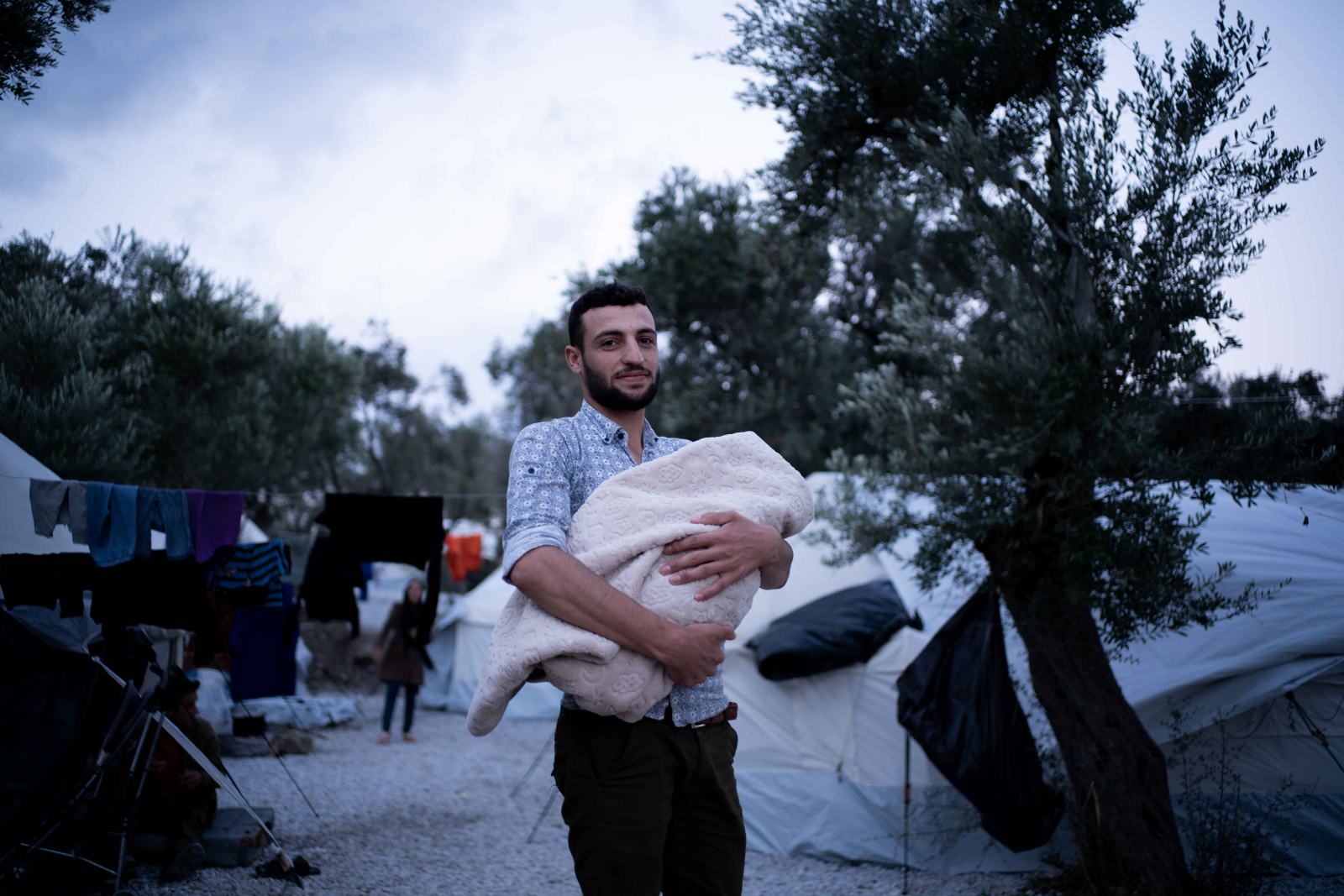
“We set out with a goal to raise £1,000; we certainly never intended to set up an organisation, we just wanted to do one thing to help. There was no strategy,” she recalls.
Josie, TV presenter O’Porter and radio presenter Bird, who both have large social-media followings, led a social media campaign to raise money and essential items for refugees in Calais. They used the hashtag #helpCalais to raise awareness. The campaign spread like wildfire.
Within a few days they were overwhelmed by donations, both financial and material; they raised £56,000 in the first week and the donated goods were overflowing from Naughton’s living room. “I went to Big Yellow Group storage in my lunch break and they donated 17 storage rooms,” she recalls. Items flooded in and, on one day, 7,000 packages arrived for them.
Bird’s sister, who was volunteering from Tel Aviv, created an Amazon ‘wish list’ of items for people to buy and donate that would be of use in Calais. She said in an interview with The Guardian: “I keep putting on 100 pairs of boots, 200 sleeping bags, 300 tents, and they keep disappearing.” Initially, she thought there was a glitch with the wish list, but “realised that they were disappearing because people were buying them”.
Naughton and the core team drove to Calais to do a reccy, to work out how to distribute the growing pile of donations. “We went there expecting to find big NGOs, governments and charities,” she recalls. But there were no big organisations.
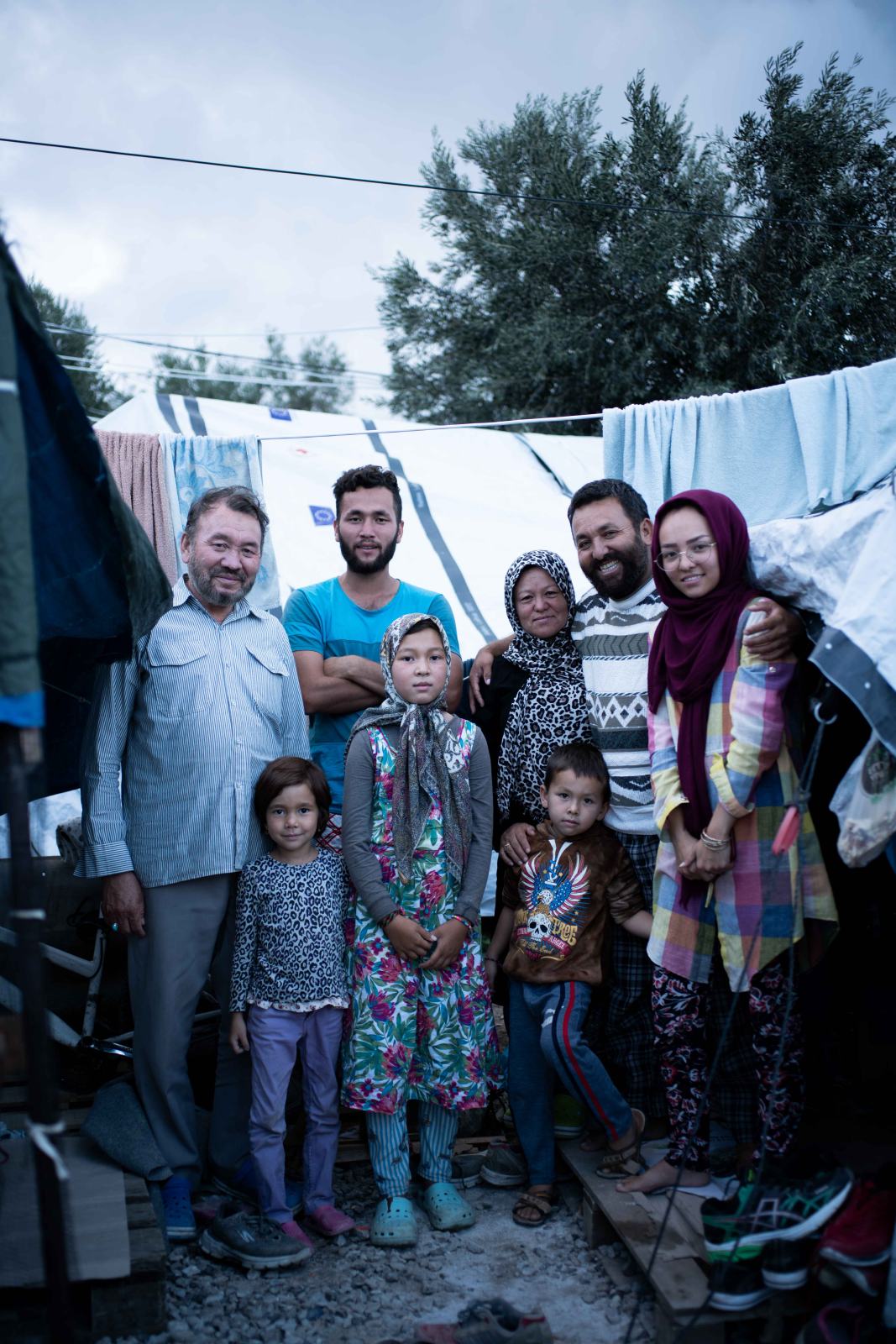
“There were kids without nappies, no shoes, people without shelter, it was cold and windy. We couldn’t unsee what we had seen,” recalls Naughton.
The problem is, she says, that refugees are considered a political issue and are often not helped by NGOs. “But it’s a humanitarian issue. These are people just like you or I, whom have simply been dealt a different hand of cards.”
Josie, with friends, Dani Lawrence and Philli Boyle realised the scale of the job at hand. They returned to Calais a few weeks later and hired a warehouse to store the donations. Through Facebook they recruited volunteers to come and help, and then built temporary shelters and distributed goods. The number of donations kept increasing and, by 2016, Help Refugees, as it was then known, became the largest grassroots distributor of aid in Europe.
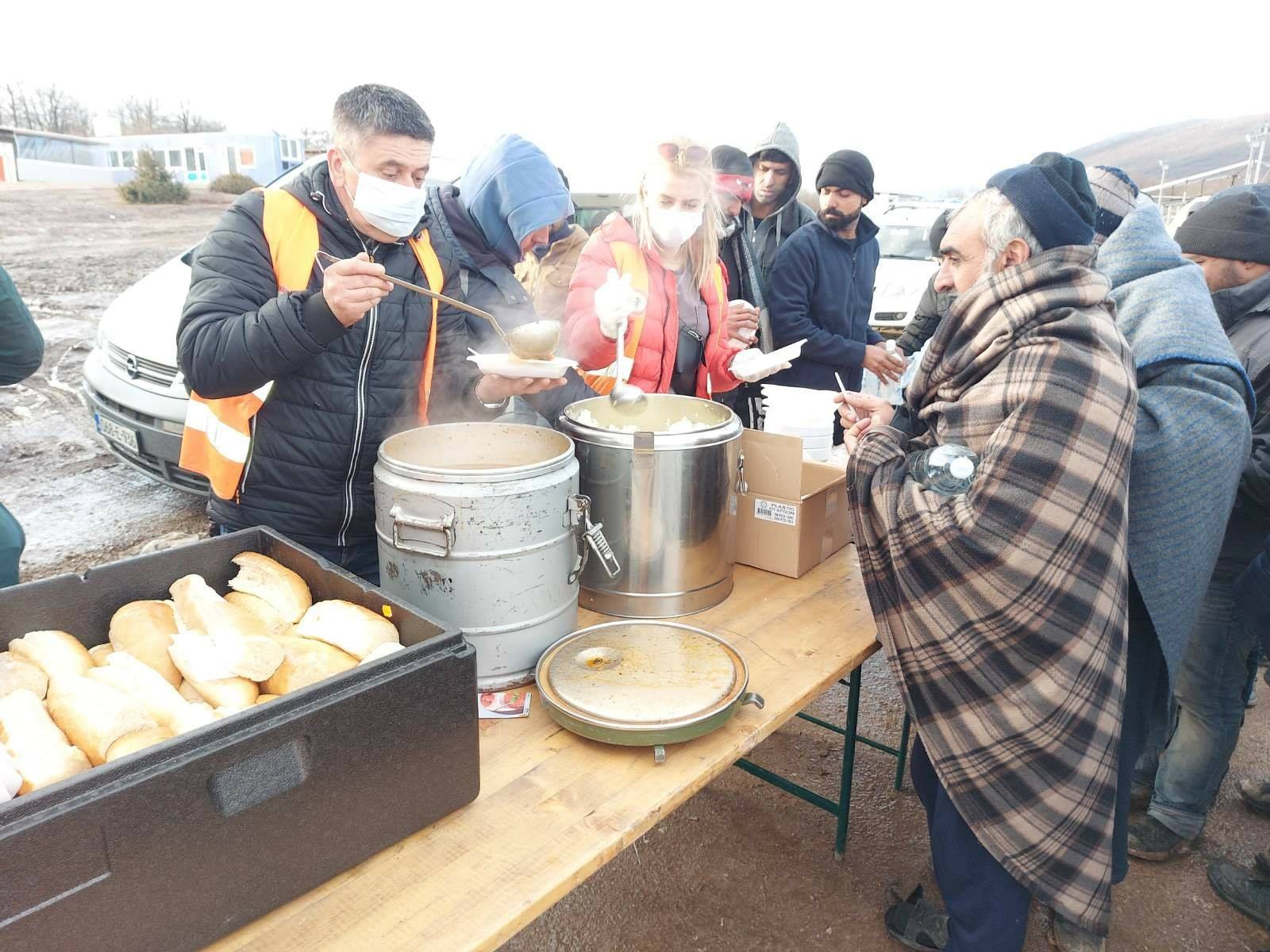
What were they doing differently? “We built up a social-media community and people began to trust us very quickly,” reflects Naughton. They were, essentially, one of the first social-media charities, which brought a new level of speed and flexibility to fundraising. “It was that understanding that there are so many people at home, wanting to help, but they can’t just move to Calais to help. We created an immediacy of connection between donors and our work.” While people wanted to give money, caveats Naughton, they also wanted to know where their money was going.
Traditionally it takes a prohibitively long time to formalise a charity but they expedited this process by creating an account with Prism the Gift Fund, a philanthropic consultant that does governance, compliance and due diligence for new charitable initiatives. “We’re extremely honest and transparent, and we offer suggestions of how else they can help, as well as giving money.”
In November 2015 they organised their first big fundraiser in London’s O2 Forum Kentish Town, a concert headlined by Paloma Faith with performances by Peace and other acts helped by Naughton’s connections in the music industry. As part of the concert, British designer Katharine Hamnett created an iconic T-shirt printed with the message ‘Choose Love’, with profits donated to the charity. They were wildly popular and are still for sale now, along with other merchandise such as pastel hoodies and tie-dye tote bags. The T-shirt slogan stuck and this year the organisation changed its name from Help Refugees to Choose Love, saying the former had served the organisation well but that the new one better reflected what the organisation aspired to be: “We want a world of love, welcome and justice — not just charity.”
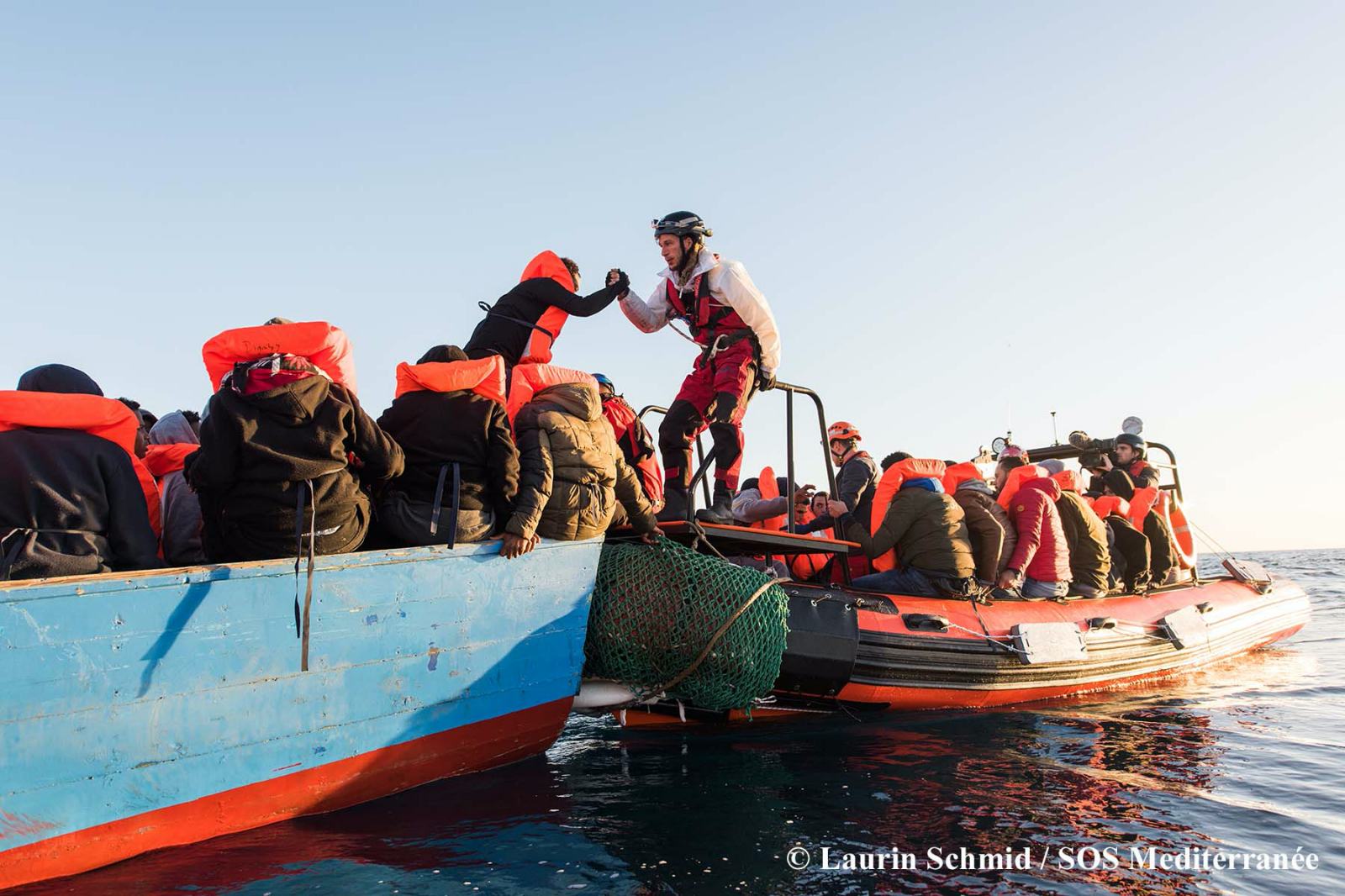
In the end, the charity was operational in Calais for two-and-a-half years. Now it is working with 164 grassroots charities in 15 countries around the world, including children’s hospitals, search-and-rescue boats, tent distributors, companies that do DNA testing for family reunification, and many more. Through these charities it distributes life-saving items, sea rescues, provides education and legal help wherever large groups of refugees are present.
It is 50 percent funded by the public, partly through sales in its Choose Love digital shop or pop-up shops that open in the run-up to Christmas in London and New York. It is based on the look and feel of an Apple store, says Naughton, rather than the traditional charity shops, and the idea is people buy gifts for loved ones instead of presents.
Before Christmas 2018, a Choose Love store opened in New York with an artwork donated by Banksy on display that is available to be won. Countless celebrities have got behind the cause, such as Julia Roberts, Rupert Grin, Angela Bassett, Harry Styles, Dua Lipa, Phoebe Waller-Bridge and Oprah, using their profiles to further spread the word. And half of the funding now comes from major trusts and foundations such the Bill & Melinda Gates Foundation and Comic Relief.
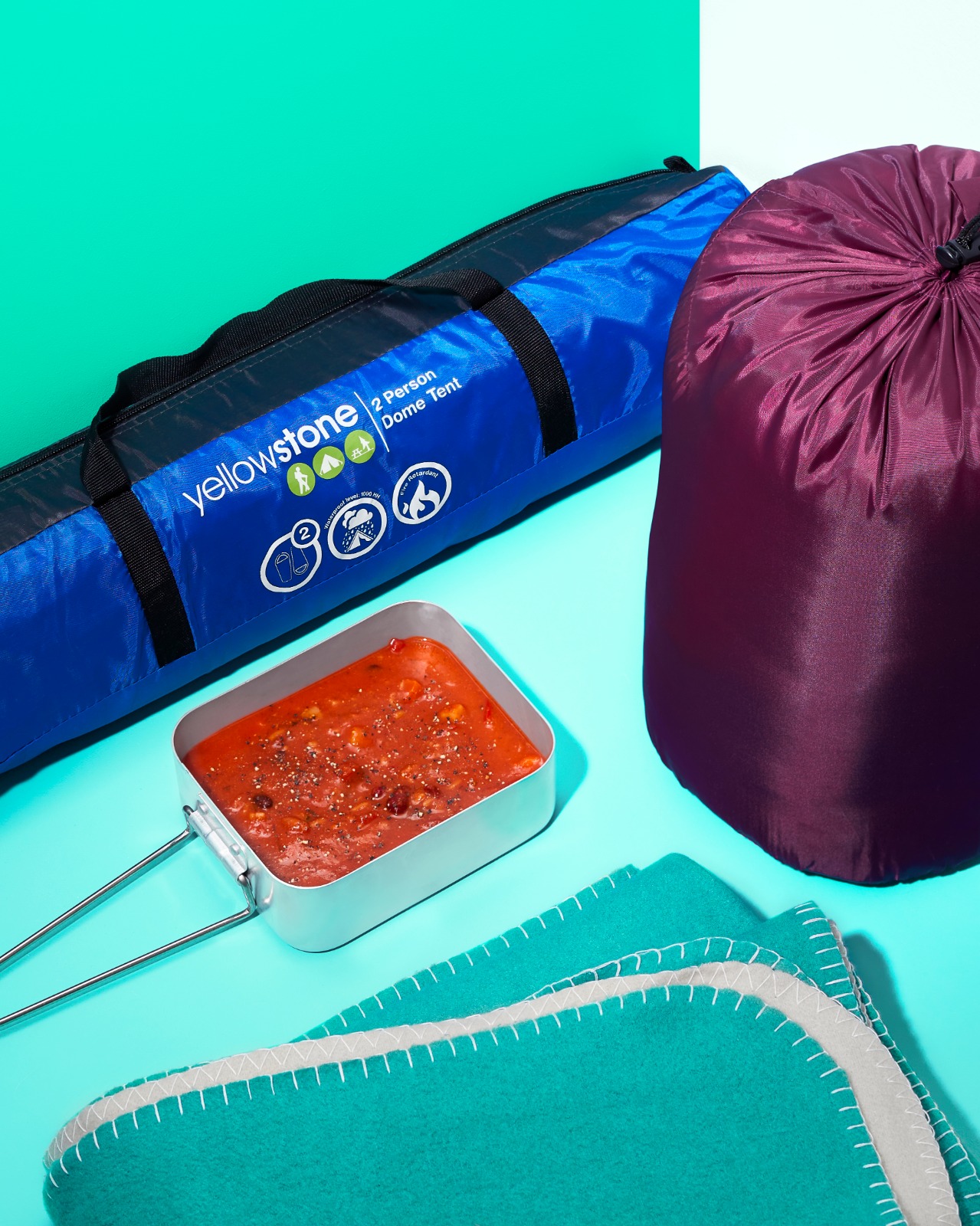
To date it has raised some £45 million and has engaged some 35,000 volunteers, distributing millions of items. While it is first and foremost a humanitarian organisation rather than a political one, it has also started to successfully lobby governments on the subject of unaccompanied children. “We have a responsibility to speak out and challenge governments when they are not upholding human rights.” It was instrumental in the passing of the Dubs Amendment in the UK, which rehoused 480 unaccompanied children who were in camps in France, Greece and Italy.
Naughton, who ended up quitting her job with Coldplay in January 2016 and has been working on Choose Love ever since, is now age 36. What is her ultimate goal, I wonder? “To put ourselves out of business, but I don’t think that will happen anytime soon,” she reflects sadly. Naughton is right. Just a few days before our conversation, a refugee boat heading from Libya to Europe sank, drowning probably all 50 people on board. A recent report from the World Bank predicts that climate crisis and growing populations could displace 1.2 billion people by 2050. When they started out, there were some 80 million refugees, a number dwarfed by what could come.
“So, for now, our mission is to choose love and justice every day. Every single day I wake up and feel it’s a privilege to do this. When you hear the determination of people who have been forcibly displaced, what better, than knowing we are playing a small part in helping people to give their children a better life.”
Choose Love is doing an urgent fundraiser to support refugees in Afghanistan. Please give what you can and share to ensure people who have already been through so much have essential supplies and support. Donate here: https://shor.by/DRm5
This article originally appeared in Billionaire's Power Issue, Summer 2021. To subscribe contact click here.

